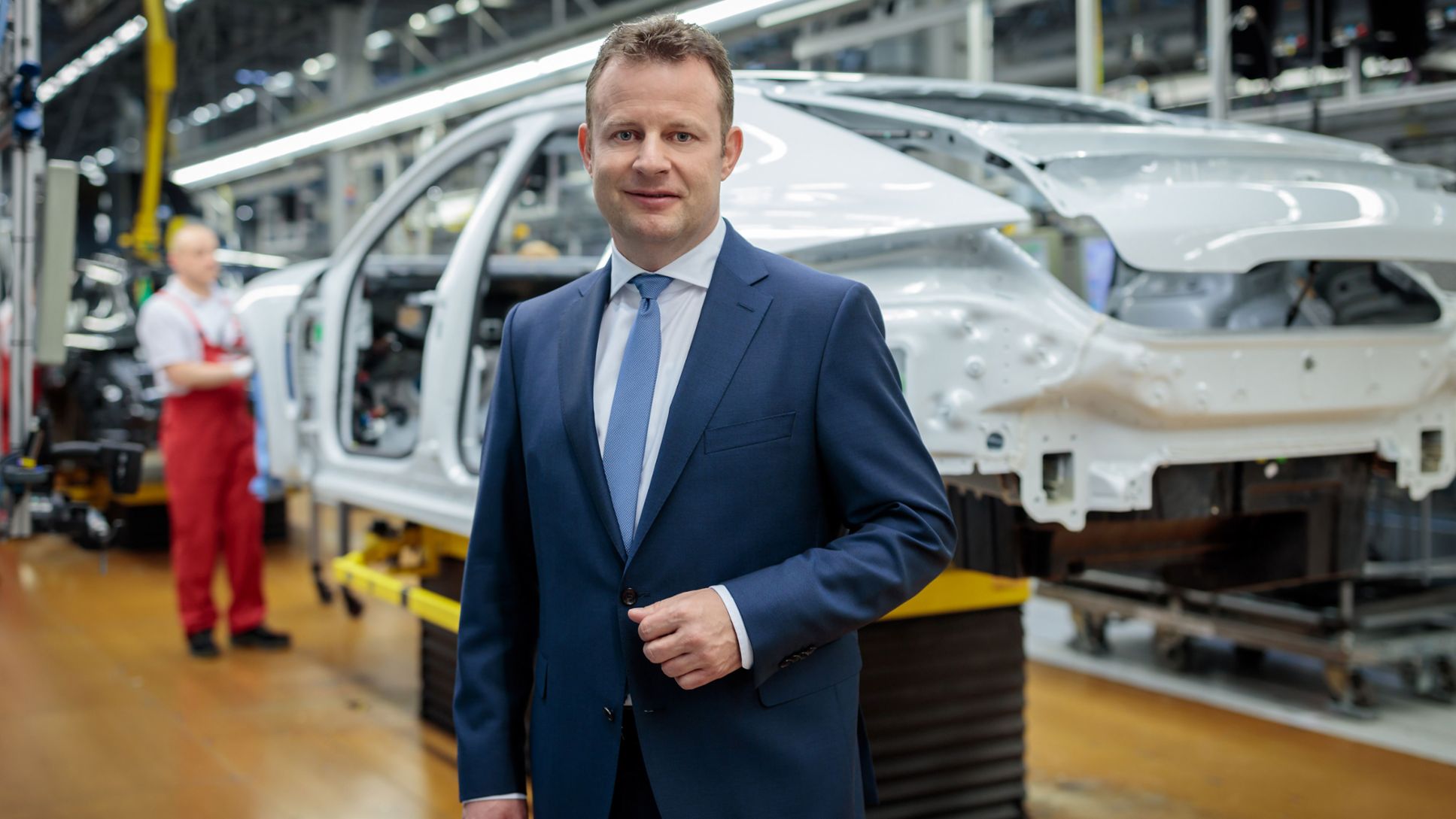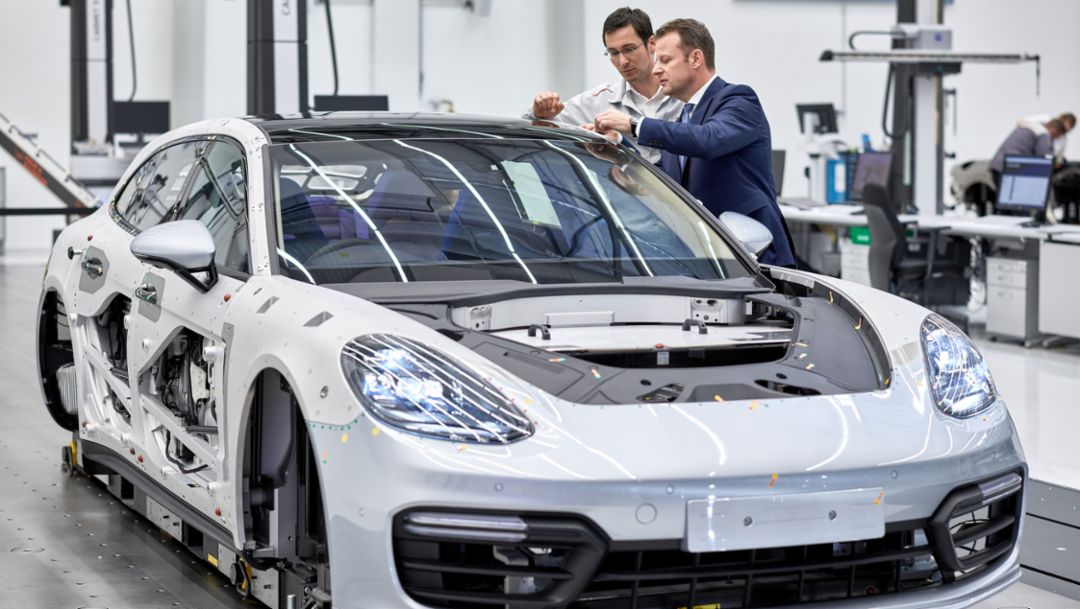Before moving to Leipzig, Rupp spent seven years as Head of Toolmaking for the Volkswagen brand in Wolfsburg, and previously worked in Ingolstadt and Barcelona for Audi AG. He was born in Donauwörth, Germany in 1968 and studied electrical engineering in Coburg.
“In Gerd Rupp, we have gained an experienced production manager and outstanding strategist for the key Leipzig location. Our plant in Saxony makes an essential contribution to the success of the Porsche Group and takes a leading role in the regional economy and society”, explains Chairman of the Executive Board of Porsche AG, Oliver Blume.
“Over the years, we have turned Leipzig into a model location when it comes to state-of-the-art, flexible vehicle production”, says Albrecht Reimold, Member of the Executive Board for Production and Logistics at Porsche AG and Chairman of the Supervisory Board at Porsche Leipzig GmbH. “Gerd Rupp now has the task of building on the investments made in recent years, as well as stabilising what we have achieved and getting the production site ready to meet future challenges”.
Siegfried Bülow heads into retirement
Siegfried Bülow will leave Porsche on July 1 and head into retirement. He will continue to support the company in an advisory capacity and will take responsibility for a number of areas, including working with regional associations. “We owe Siegfried Bülow a great debt of gratitude. He has made an extraordinary success of the plant, turning a production team of 300 people into a company of more than 4,000 employees. Under his management, over a million vehicles have rolled off the production line in optimal Porsche quality. His open and fair management style plus his wealth of expertise in automobile construction make him an exceptional person in the industry”, continues Blume.
Chair of the Group Works Council at Porsche Uwe Hück also thanks outgoing plant manager Siegfried Bülow for his work and takes a look back: “We set the Leipzig site on its present course back in 1998. You can see from the development of the Leipzig plant that it was the right decision. By working together with Siegfried Bülow and the works councils, I have achieved a great deal for Porsche employees in Leipzig. That is something to be proud of. Of course, it hasn’t always been easy over these 17 years. But we have always stuck together. The new plant manager Gerd Rupp needs to take the Porsche site in Leipzig into the future and meet the oncoming challenges. He can only bring in this new era with works councils and co-determination. We will support him in this task”.
The success story of the Saxony-based production location began when production started in 2002. Once an assembly plant for the Cayenne, it has become a full-scale plant for three model lines. Porsche now employs 4,050 people in Leipzig. They are responsible for manufacturing more than 170,000 Macan, Panamera and Cayenne models every year. Porsche has invested a total of EUR 1.3 billion in the location. Just last year, a second body shop for the new generation of the Panamera was built on the factory site. The plant is also home to a customer centre, an FIA-certified test track and an off-road track that welcomes thousands of visitors every year.


